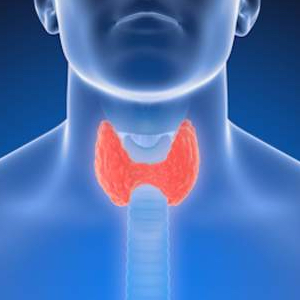Once again, the A4M (Advancement for Anti-Aging Medicine) Conference in December of 2019 did not disappointment. The advancements in functional medicine treatments and assessments for prolonging life, assessing the causes of autoimmune disease, and addressing cardiovascular disease risk never cease to amaze me. Modern biological medicines first came on the market in 1982 with the development of human insulin. From…



